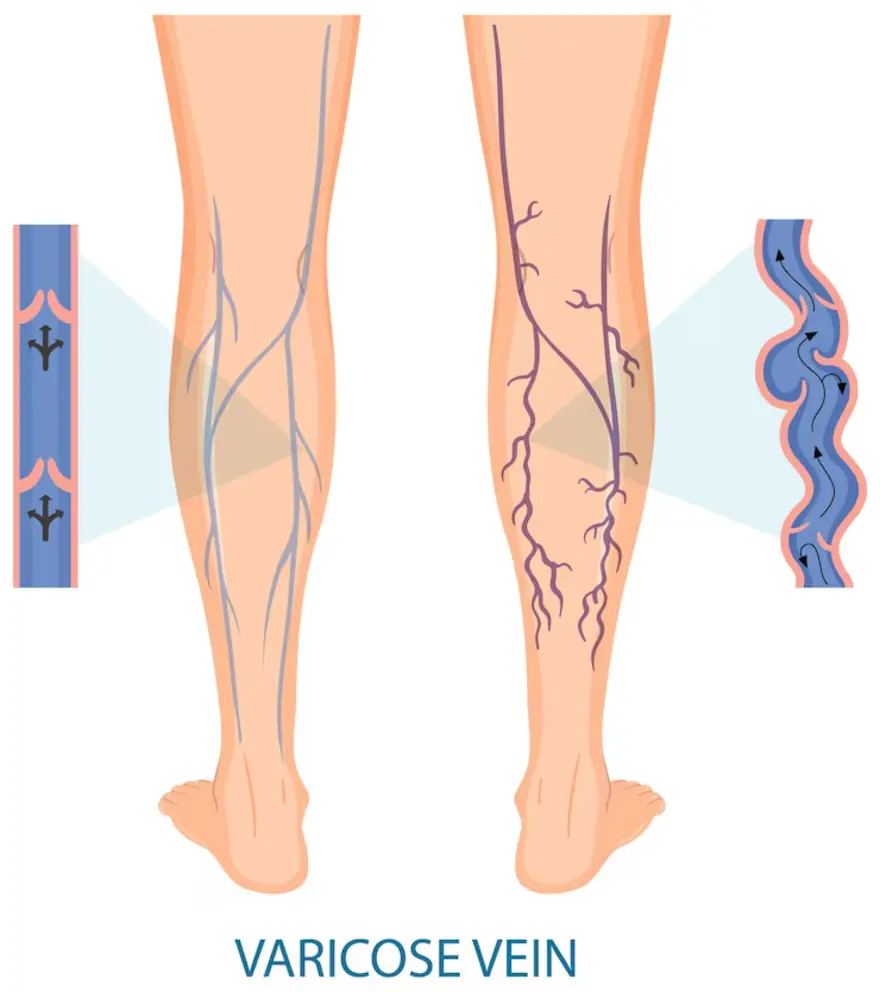Preventive Healthcare
Understanding Haemophilia Blood and Genetic Testing
1436 Views
0

When a family member had or has haemophilia, it is common for parents to ask for their newborn boys to be tested for the disease. Interestingly, one-third of babies diagnosed with haemophilia have a new mutation that is not present in their family members. Diagnosis of haemophilia includes blood and genetic tests. This helps doctors check if a newborn has inherited the disease.
Doctors use screening blood tests to check if the baby's blood is clotting properly. With more than 2,34,000 global cases reported in 2021, haemophilia is a bleeding disorder caused by a genetic defect that prevents the production of a vital clotting factor.
Symptoms of haemophilia include excessive or unusual bleeding from injuries or cuts, swelling or pain in the joints, blood found in stool or urine, unexplained nosebleeds that are hard to stop, bleeding after needle pricks (like vaccinations and blood tests) and large or deep bruises.
The haemophilia treatment usually involves replacing the missing clotting factors in the patient’s blood.
Types of Haemophilia
Haemophilia is a rare condition that impacts the blood's capacity to thicken and can result in excessive bleeding and bruising. It is the outcome of a genetic mutation that influences the production of clotting agents in the bloodstream. Research shows that approximately 1 in 5000 male births are affected by haemophilia. Haemophilia is often passed down from parents who are carriers of the altered gene and primarily affects males. Two primary forms of haemophilia exist: type A and type B.
While type A is caused by a deficiency in factor VIII, type B is caused by a deficiency in factor IX.
Both types of haemophilia share similar symptoms that result in internal and external bleeding, which can cause joint and muscle damage over time. According to the National Hemophilia Foundation, Hemophilia A is four times more common than Hemophilia B. Genetic testing is widely used for Hemophilia A including carrier testing, direct DNA mutation testing, linkage and prenatal testing.
Blood Testing for Haemophilia
One of the main methods of diagnosis for haemophilia is through blood testing, which measures clotting factor levels to determine the severity of the condition. The classification of haemophilia is based on the concentration of clotting factors present in the blood.
Clotting Factor Tests – Clotting Factor Assay
The clotting factor assay (Factor VIII Activity Anti-Haemophilia factor A, Citrated plasma) is a prevalent blood test used to diagnose haemophilia. This test determines the clotting factor VIII or IX levels in the blood. A low level of clotting factor typically signals the presence of haemophilia and the amount of clotting factor present determines its severity.
Other Blood Tests To Diagnose Haemophilia
There are other blood tests that are used to diagnose haemophilia.
- Complete Blood Count (CBC) Test: CBC measures the number of platelets, red blood cells and white blood cells.
- Activated Partial Thromboplastin Time (APTT) Test: APTT measures how long blood can clot after adding certain chemicals. It measures the clotting ability of factors VIII (8), IX (9), XI (11) and XII (12). If the levels are low, it would signify that blood takes a longer time to clot.
- Prothrombin Time (PT) Test: PT measures the time for blood to clot. It measures the clotting ability of factors I (1), II (2), V (5), VII (7) and X (10).
- Fibrinogen Test: This test also measures the amount of time the body takes to form a clot.
Genetic Testing For Haemophilia
Haemophilia is a hereditary condition arising from a genetic mutation in genes that encode clotting factors VIII and IX. Genetic testing techniques are employed to identify the precise genetic mutation which triggers haemophilia. These techniques can be performed using either a blood sample or a cheek swab. It can also determine the presence of the gene's carriers, which is advantageous for family planning.
- Carrier Testing
It is a diagnostic technique that can detect carriers of the haemophilia gene who do not express the disease. This method is commonly applied to females who are potential carriers, passing the gene to their offspring. As a non-invasive test, carrier testing typically involves taking a blood sample and providing high-precision results to identify the carriers of the haemophilia gene.
- Direct DNA Mutation Testing
Direct DNA mutation testing is commonly utilized to diagnose haemophilia by identifying the genetic mutation responsible for the condition. Normally, this test is performed through a blood sample or a cheek swab. A conclusive diagnosis can be established through direct DNA mutation testing and can also be used to verify the carrier status.
- Linkage Testing
It is used to identify individuals who may be carriers of the haemophilia gene but do not have a specific mutation. Linkage testing involves examining DNA samples from family members to determine whether they have inherited a certain section of DNA linked to the haemophilia gene.
- Prenatal Screening
Prenatal Screening is utilized to detect the presence of haemophilia during pregnancy. This diagnostic procedure can be performed via amniocentesis or chorionic villus sampling. The procedure involves the collection of amniotic fluid or placental tissue, which is then examined to ascertain the presence of haemophilia in the fetus.
Conclusion
Haemophilia is a rare bleeding disorder that requires proper diagnosis and effective management to ensure optimal patient outcomes. Essential diagnostic and monitoring measures entail blood and genetic testing. Symptom carriers should avoid sports like football, hockey, etc. Get a medical alert bracelet if you are a symptom carrier, to get help during an emergency. If you are diagnosed with haemophilia, avoid aspirin or items containing them.
To book your Gene Panel Haemophilia (F8 & F9)Gene Panel, EDTA Blood test, visit Metropolis Healthcare Services. With an unwavering focus on precision and reliability, Metropolis Labs is dedicated to delivering superior quality lab testing services for haemophilia and other medical conditions.
 Home Visit
Home Visit Upload
Upload









1715579024.webp)




1701259759.webp)









 WhatsApp
WhatsApp